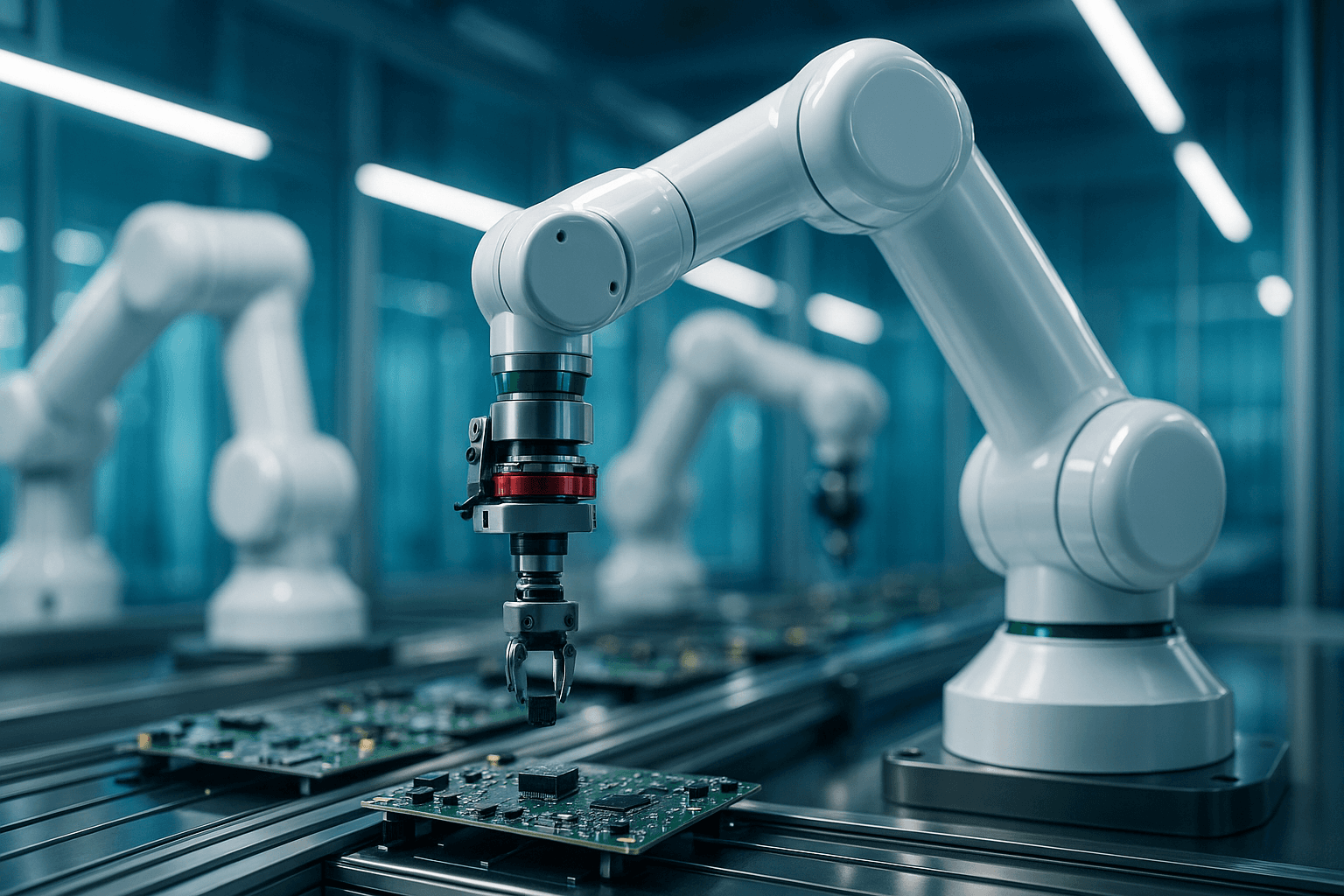Robotics
When robot arms approach full extension, the inverse kinematics equations become ill-conditioned. The Jacobian matrix loses rank, and traditional numerical methods struggle. Standard approaches like Damped Least Squares introduce tracking errors proportional to the damping factor, while -regularization creates position-dependent bias.
ZeroProofML handles these cases by using Bounded Signed Common Meadows (SCM). Standard neural networks struggle here because their piecewise-linear inductive bias forces them to choose between "freezing" (under-reacting) or "panicking" (outputting dangerous velocity spikes) near the singularity. ZeroProofML is natively rational. It naturally models the bell-shaped damping topology required to navigate the kinematic lock.
By treating the control law as a rational regression problem, ZeroProofML offers three structural guarantees:
- Structural Safety: The architecture mathematically prevents linear overshoot, ensuring smooth velocity profiles even at the workspace boundary.
- Dynamic Fidelity: It captures the true peak control authority required to move through singularities, rather than learning to stagnate.
- Deterministic Consistency: The rational bias constrains the solution space, ensuring the model converges to the same safe control law across training runs.
Potential applications:
- Inverse kinematics near workspace boundaries
- Control systems operating near singular configurations
- Path planning that must traverse near-singular regions
